

Articles
Which Type Of Space Heater Is Cheapest To Run
Modified: October 20, 2024
Discover the most cost-effective space heaters with our comprehensive articles. Find out which type of space heater is the cheapest to run and save on energy bills.
(Many of the links in this article redirect to a specific reviewed product. Your purchase of these products through affiliate links helps to generate commission for Storables.com, at no extra cost. Learn more)
Introduction
When the cold winter months roll around, staying warm becomes a top priority for many people. While central heating systems are effective, they can be costly to run, especially if you don’t need to heat the entire house. That’s where space heaters come in. They offer a convenient and energy-efficient way to heat specific areas, providing localized warmth and comfort.
Choosing the right space heater is important not only for your comfort but also for your budget. The cost of running a space heater can vary based on several factors, including insulation, energy efficiency, heater size, and climate. In this article, we will explore the different types of space heaters and analyze their cost-efficiency, helping you choose the cheapest option for your needs.
Key Takeaways:
- Electric space heaters are the most cost-effective option, offering high energy conversion rates and no additional fuel costs. They provide efficient warmth while keeping your energy bills in check.
- Proper insulation, energy-efficient heaters, and strategic usage can optimize space heater cost efficiency. Choose the right type and follow energy-saving tips to stay warm without breaking the bank.
Factors Affecting the Cost of Running a Space Heater
Before diving into the specifics of each heater type, it’s important to understand the factors that influence the cost of running a space heater. Here are some key factors to consider:
- Insulation of the area: A well-insulated room will retain heat better, reducing the need for frequent heater usage.
- Energy efficiency of the heater: Look for heaters with high energy efficiency ratings, as they will consume less electricity or fuel to produce the desired warmth.
- Heater size and wattage: The size and wattage of the heater will determine its heating capacity. A smaller heater with lower wattage may be sufficient for a small room, while a larger heater may be required for a larger space.
- Climate and temperature settings: Colder climates and higher temperature settings will increase the demand for heat and consequently affect the running costs of the space heater.
By taking these factors into account, you can make an informed decision and choose a space heater that balances cost and performance.
Key Takeaways:
- Electric space heaters are the most cost-effective option, offering high energy conversion rates and no additional fuel costs. They provide efficient warmth while keeping your energy bills in check.
- Proper insulation, energy-efficient heaters, and strategic usage can optimize space heater cost efficiency. Choose the right type and follow energy-saving tips to stay warm without breaking the bank.
Factors Affecting the Cost of Running a Space Heater
When it comes to running a space heater, there are several factors that can impact the overall cost. Understanding these factors can help you make an informed decision and choose a heater that is both cost-effective and efficient. Let’s take a closer look at some of the key factors:
Insulation of the area
The insulation of the space you are heating plays a crucial role in the cost of running a space heater. Well-insulated areas retain heat better, allowing you to use the heater more efficiently. On the other hand, poorly insulated areas will experience heat loss, requiring the heater to work harder and consume more energy to maintain the desired temperature. Before running a space heater, consider adding insulation to doors, windows, and walls to minimize heat loss and maximize efficiency.
Energy efficiency of the heater
The energy efficiency of the heater is another important factor to consider when determining the cost of running a space heater. Look for heaters with a high energy efficiency rating, as they will convert a greater percentage of the energy consumed into usable heat. Energy-efficient heaters are designed to minimize energy wastage, reducing your overall energy consumption and saving you money on your electricity or fuel bills.
Read more: Which Space Heater Is The Best?
Heater size and wattage
The size and wattage of the space heater also impact the cost of running it. A larger heater with higher wattage will generate more heat and be suitable for larger spaces. However, it will also consume more energy. Conversely, a smaller heater with lower wattage will be sufficient for smaller areas and consume less energy. It’s important to choose a heater that matches the size of the space you want to heat to avoid unnecessary energy consumption and higher running costs.
Climate and temperature settings
The climate and temperature settings also affect the cost of running a space heater. Colder climates and higher temperature settings require more energy to heat a space effectively. If you live in an area with extreme winter weather conditions, you may need to run the heater for longer periods and at higher temperatures, resulting in increased energy consumption and higher costs. Taking steps to improve overall insulation, such as sealing drafts and using window coverings, can help mitigate the impact of climate and temperature settings on running costs.
By considering these factors, you can make informed choices when it comes to selecting and operating a space heater, ultimately reducing your energy consumption and saving money. The next section will explore the different types of space heaters available and analyze their cost-efficiency.
Types of Space Heaters
Space heaters come in a variety of types, each with its own advantages and considerations. Understanding the different types of space heaters available can help you make an informed decision based on your specific needs. Here are the most common types of space heaters:
Electric space heaters
Electric space heaters are the most common and widely available type of space heaters. They utilize electrical energy to generate heat and are known for their convenience and ease of use. Electric heaters are typically lightweight, portable, and have various safety features such as automatic shut-off and tip-over protection. They are suitable for small to medium-sized spaces and come in different styles, including ceramic, radiant, and fan-forced heaters.
Read more: What Is The Cheapest Type Of Driveway?
Gas space heaters
Gas space heaters, also known as direct vent or vent-free heaters, are another popular option. They are fueled by natural gas or propane and require a gas line or a propane tank for operation. Gas heaters provide a high heat output and are often used in larger spaces or outdoor areas. They can heat up a room quickly and efficiently while providing a cozy ambiance. However, they require proper ventilation and should be used in well-ventilated areas to minimize the risk of carbon monoxide poisoning.
Propane space heaters
Propane space heaters are a portable and versatile heating option that use propane gas as fuel. They are commonly used in areas where there is no access to electricity or a gas supply. Propane heaters are popular for their efficiency and heating capacity. They are ideal for outdoor activities like camping or construction sites, as they can provide heat even in remote areas. However, like gas heaters, they must be used in well-ventilated spaces due to the potential risks associated with propane combustion.
Oil-filled space heaters
Oil-filled space heaters, also known as radiator heaters, operate by heating oil inside a series of sealed fins or columns. The heated oil radiates heat into the room, making them effective at providing long-lasting and consistent warmth. Oil-filled heaters are known for their quiet operation and even heat distribution. They are typically larger and heavier than other types of space heaters but offer excellent energy efficiency and are suitable for heating larger rooms or areas.
Each type of space heater has its own set of advantages and considerations. The next section will delve into a cost analysis of each type to determine which one is the cheapest to run.
Cost Analysis of Different Space Heater Types
When it comes to choosing a space heater, the cost of running the heater is an important consideration. Different types of space heaters have varying costs associated with their operation. Let’s analyze the cost efficiency of each type:
Electric space heaters
Electric space heaters are generally considered to be more cost-effective compared to other types. They have a higher energy conversion rate, meaning they convert a larger percentage of the energy they consume into usable heat. Additionally, electric heaters do not require any extra fuel costs since they run solely on electricity. The cost of running an electric space heater will primarily depend on the electricity rate in your area and the wattage of the heater. It’s important to choose an energy-efficient electric heater with adjustable thermostat settings to control the energy consumption and manage the cost effectively.
Read more: What Is The Cheapest Type Of Driveway?
Gas space heaters
Gas space heaters can be cost-effective, especially if natural gas is readily available in your area. Natural gas is typically cheaper than electricity, resulting in lower operational costs for gas heaters. However, gas heaters may require installation costs if you don’t already have a gas line in place. It’s also important to consider the potential ventilation requirements and safety considerations associated with gas heaters. Although gas heaters can provide a high heat output and are often efficient, it’s crucial to ensure proper ventilation to minimize the risk of carbon monoxide emissions.
Propane space heaters
Propane space heaters can be cost-effective in certain situations, especially if you need a portable heating solution or if you don’t have access to electricity or a gas line. The cost of running propane heaters will depend on the price of propane fuel and its availability in your area. Propane can be more expensive than natural gas or electricity, so it’s important to consider the fuel cost along with the heater’s energy efficiency. While propane heaters offer mobility and versatility, the ongoing cost of purchasing and refilling propane tanks should be factored into your overall heating expenses.
Oil-filled space heaters
Oil-filled space heaters are known for their excellent energy efficiency and cost-saving capabilities. Once the oil inside the heater is heated, it retains heat for longer periods, allowing for sustained warmth even after the heater is turned off. The initial upfront cost of an oil-filled heater may be higher compared to other types, but its energy-saving features can help reduce overall operational costs in the long run. Oil-filled heaters are suitable for heating larger rooms or areas, and their efficient performance can help keep heating expenses in check.
When comparing the cost efficiency of different space heater types, it’s important to consider factors such as energy consumption, fuel costs, and the size of the area you need to heat. Additionally, it’s advisable to look for energy-saving features, programmable settings, and thermostat controls to optimize the cost efficiency of your chosen space heater.
Energy-Saving Tips for Using Space Heaters
While space heaters provide convenient and targeted warmth, it’s important to use them efficiently to minimize energy consumption and maximize cost savings. Here are some energy-saving tips to help you use space heaters effectively:
Proper placement of space heaters
The placement of your space heater can have a significant impact on its efficiency. Avoid placing the heater near drafts or open doors/windows, as this can result in heat loss and cause the heater to work harder. Instead, position the heater in a central location within the room, away from any obstacles, furniture, or flammable objects. This allows for better heat distribution and improves the overall effectiveness of the heater.
Insulating the room
Improving the insulation of the room can help retain heat and reduce the need for your space heater to run constantly. Seal any drafts around windows and doors, and consider using weatherstripping or caulking to prevent cold air infiltration. Additionally, closing curtains or blinds at night can provide an extra layer of insulation, helping to keep the warmth inside the room. By minimizing heat loss, you can create a more energy-efficient environment and decrease the running time of your space heater.
Using thermostat and timer functions effectively
Most modern space heaters come with built-in thermostat and timer functions, allowing you to control the heating output and timing. Set the thermostat to a comfortable temperature and avoid cranking it up unnecessarily. This will help maintain a consistent and energy-efficient heat level without overheating the room. Additionally, make use of the timer function to schedule the heater to turn on and off when needed, avoiding unnecessary running time and saving energy when the room is unoccupied.
Read more: How Long Should I Run A Space Heater
Regular maintenance and cleaning
Maintaining your space heater properly can contribute to its longevity and energy efficiency. Clean the heater regularly to remove any dust, debris, or pet hair that may accumulate on the vents or heating elements. A clean heater can operate more efficiently, ensuring optimal heat output without any obstructions. Additionally, inspect and replace the filters if applicable, as clogged filters can hinder airflow and reduce the heater’s performance.
Lastly, ensure that your space heater is in good working condition by performing regular maintenance checks. If you notice any issues or unusual noises, have the heater inspected by a professional to address any potential problems and prevent further energy wastage.
By following these energy-saving tips, you can make the most of your space heater and reduce its impact on your energy bills. Remember to use the heater responsibly, keeping safety considerations in mind and adhering to the manufacturer’s instructions for proper usage.
Conclusion
Choosing the right space heater is crucial for both your comfort and your budget. By considering the factors that affect the cost of running a space heater, such as insulation, energy efficiency, heater size, and climate, you can make an informed decision that suits your needs.
Electric space heaters are generally the most cost-effective option, as they have high energy conversion rates and do not require additional fuel costs. Gas space heaters and propane space heaters can be cost-effective in certain situations, but proper ventilation is essential to ensure safety and minimize potential risks. Oil-filled space heaters are known for their energy efficiency and cost-saving capabilities, making them a great option for larger spaces.
To further optimize the cost efficiency of your space heater, follow energy-saving tips such as proper placement, insulating the room, using thermostat and timer functions effectively, and regular maintenance and cleaning. These measures can help minimize energy consumption, reduce heat loss, and maximize the performance of your space heater.
Remember, when using a space heater, safety should always be a priority. Keep flammable objects away from the heater, never leave it unattended, and always follow the manufacturer’s instructions and safety guidelines.
In conclusion, understanding the various types of space heaters and their cost efficiency, along with implementing energy-saving practices, can help you choose the most economical option for your needs. With the right space heater and responsible usage, you can stay warm and cozy while keeping your energy costs under control.
Frequently Asked Questions about Which Type Of Space Heater Is Cheapest To Run
Was this page helpful?
At Storables.com, we guarantee accurate and reliable information. Our content, validated by Expert Board Contributors, is crafted following stringent Editorial Policies. We're committed to providing you with well-researched, expert-backed insights for all your informational needs.
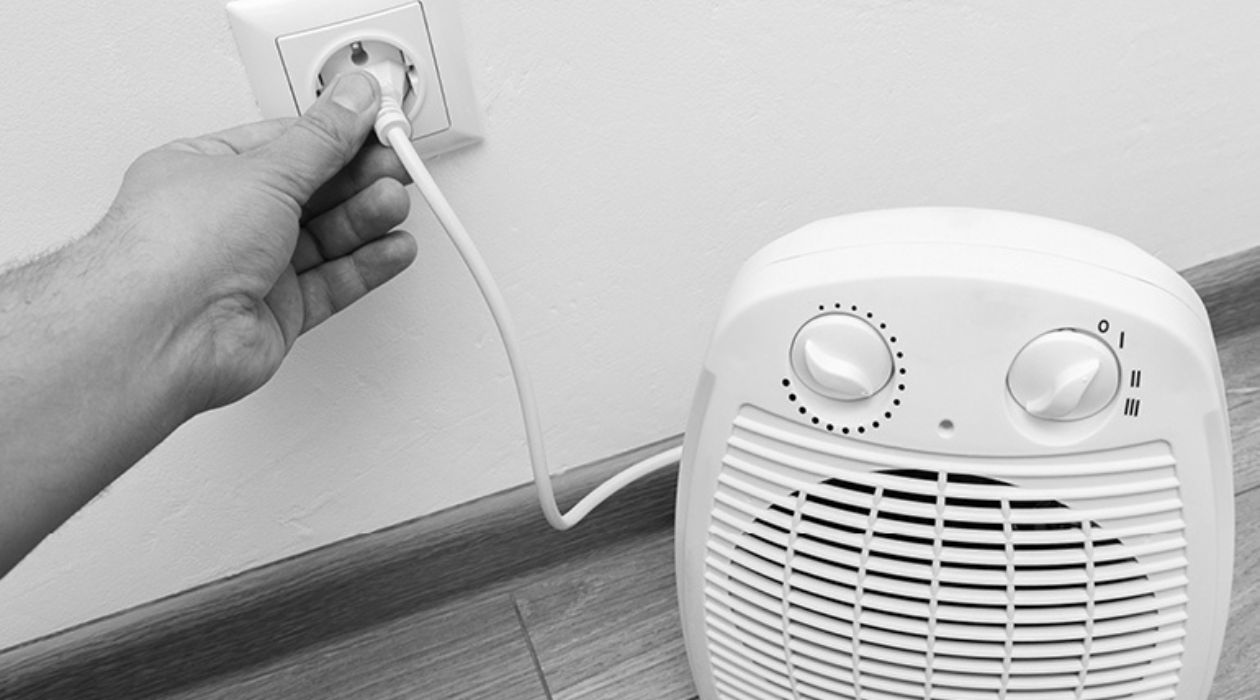
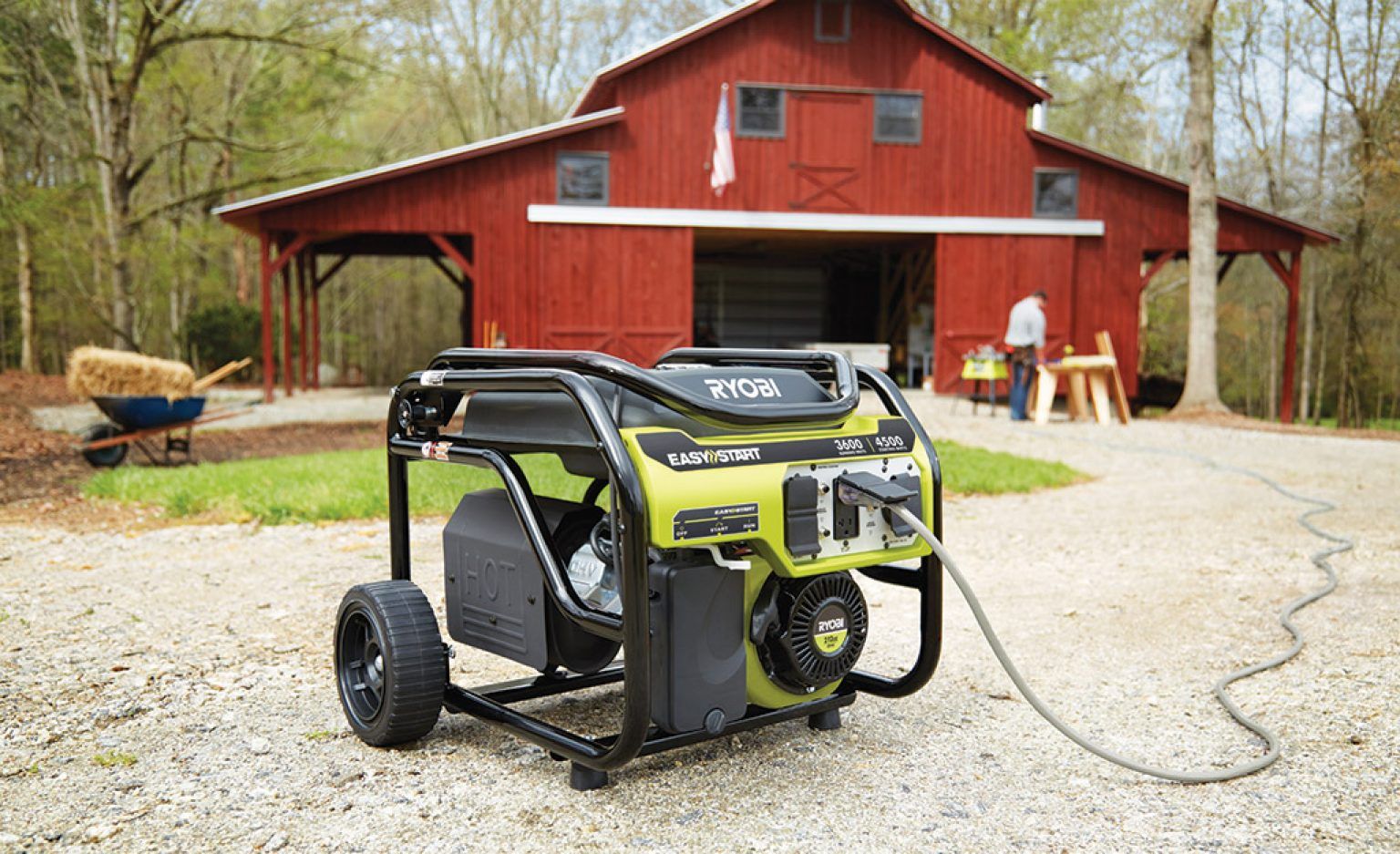
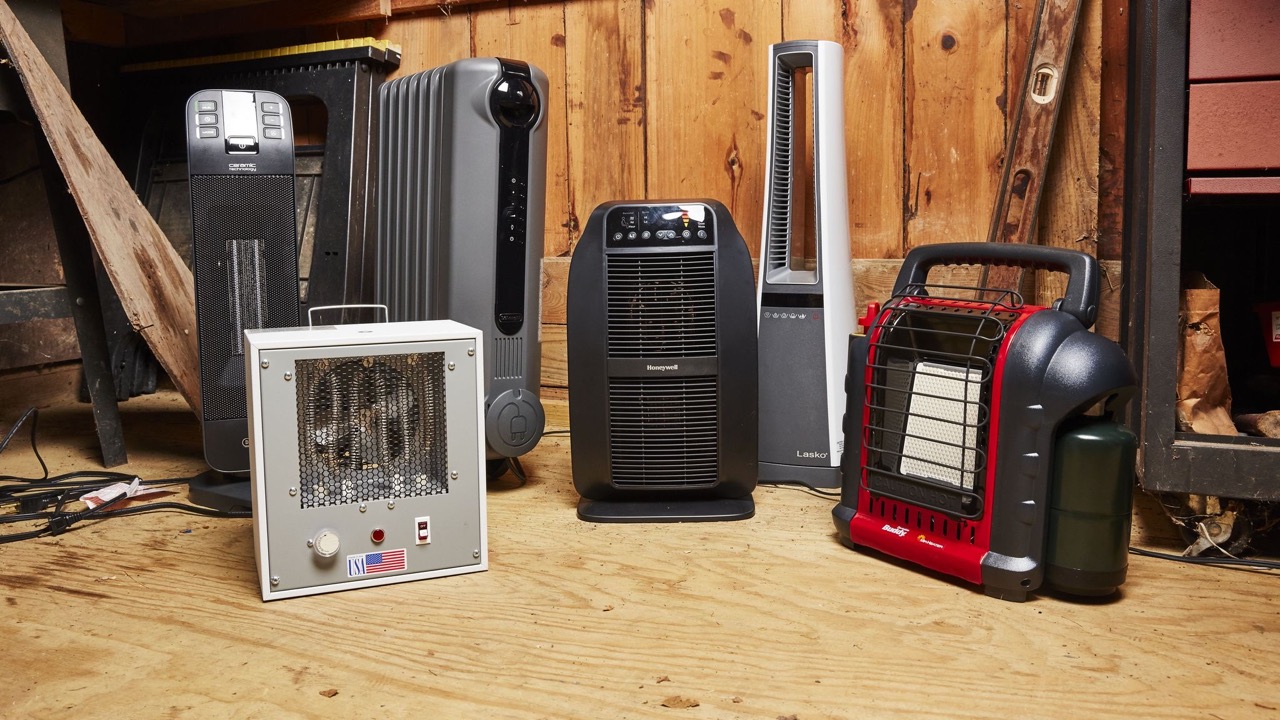

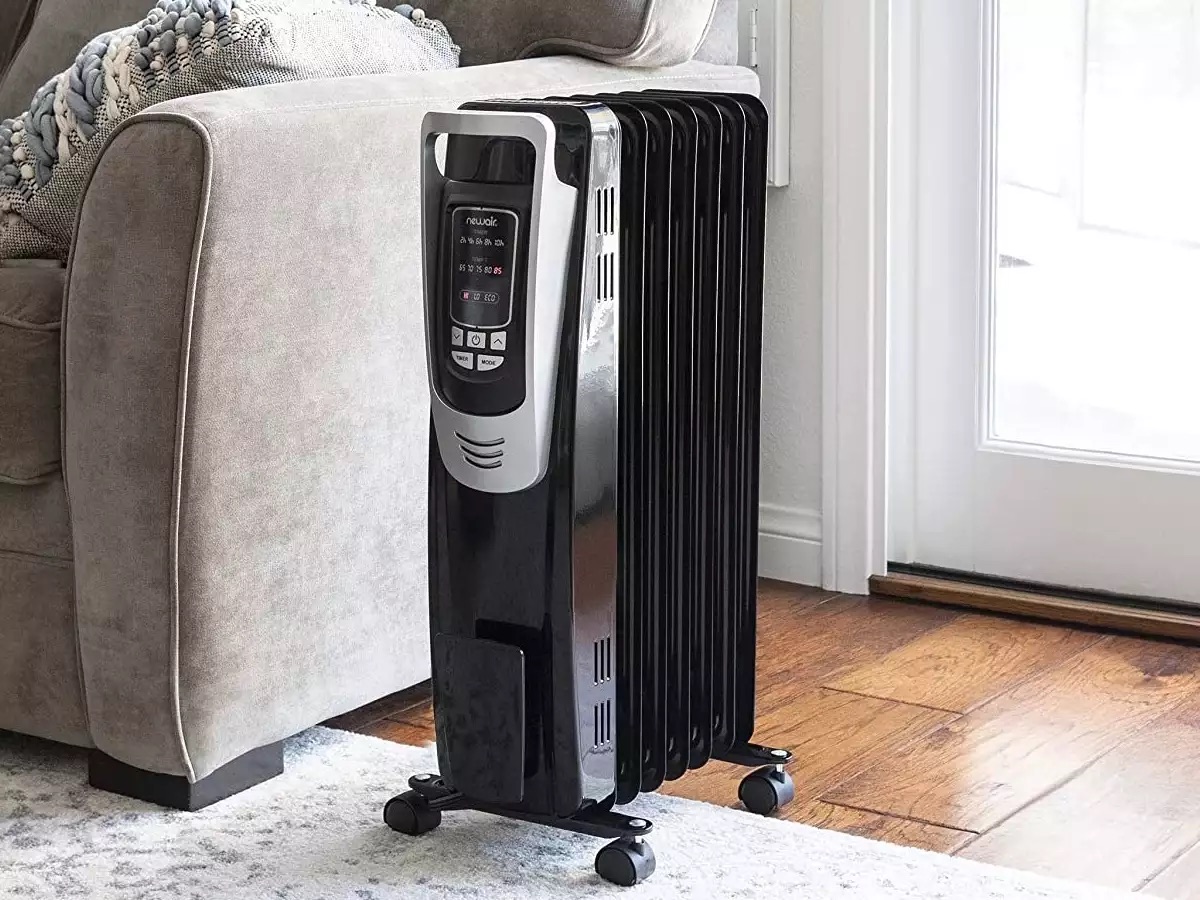



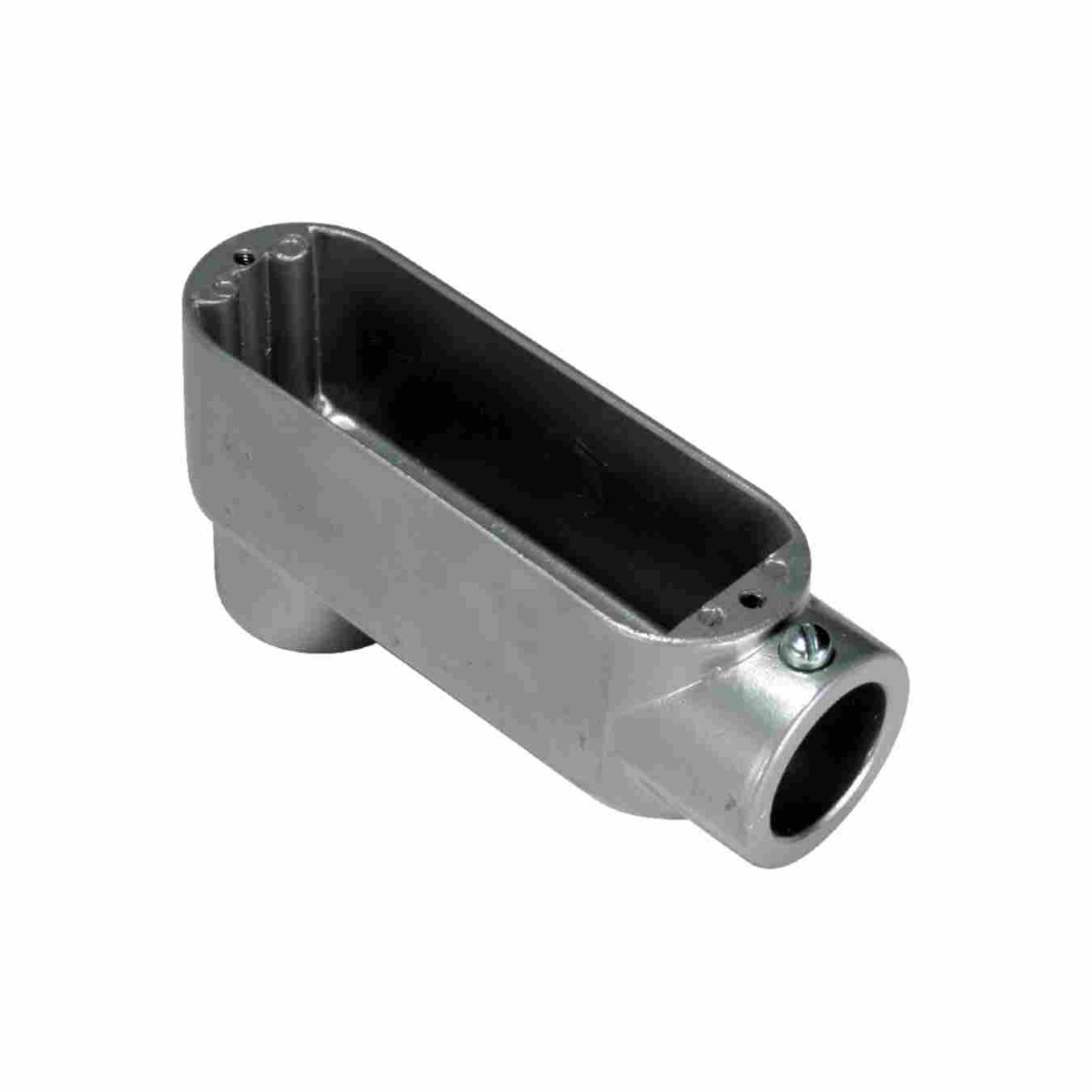


0 thoughts on “Which Type Of Space Heater Is Cheapest To Run”